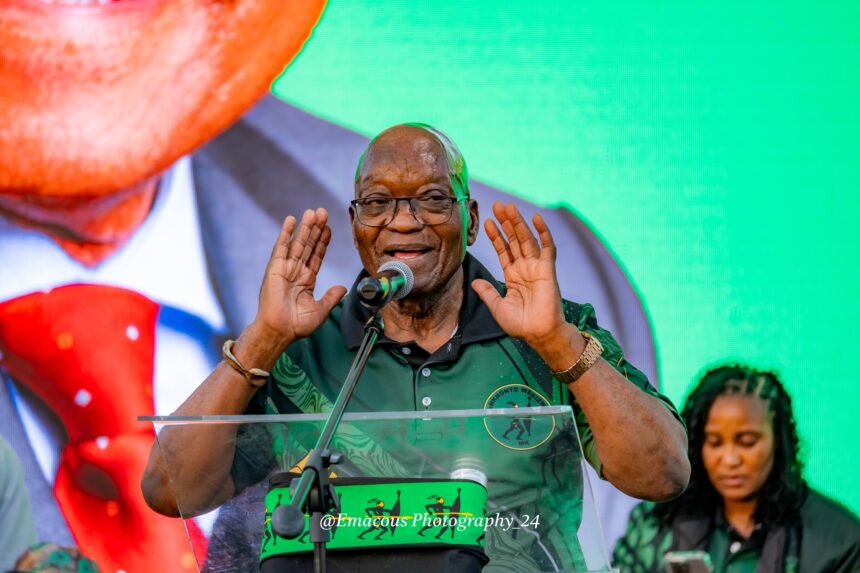A recent poll has highlighted a significant shift in South Africa’s political landscape, as the Economic Freedom Fighters (EFF) and the MK Party (MKP) face a decline in support, while the African National Congress (ANC) and the Democratic Alliance (DA) are seeing increased backing from voters. The poll, which surveys national sentiment ahead of upcoming elections, shows that both the ANC and DA have capitalized on growing dissatisfaction with radical left-wing parties and are benefiting from the strategic influence of their coalition partners in the Government of National Unity (GNU). These results suggest a political realignment as moderate policies and coalition governance become more appealing to a broader voter base
In key regions like Gauteng, the DA has made notable gains, climbing to 32% in support, while the ANC’s share has dropped slightly, falling to 34%. This suggests that the competition for control in Gauteng is intensifying, with the DA and ANC vying for dominance. Meanwhile, in KwaZulu-Natal, the MKP’s support has faced a decline, further weakening its position in the province. These trends point to a future of coalition governance in South Africa, as the political center seems to be pulling away from the radical left. As voter preferences shift towards stability, both the DA and ANC are positioning themselves to lead in what could be a multi-party government
These developments indicate a possible era of change for South Africa’s political future. As support for the EFF and MKP wanes, the growing prominence of moderate coalitions like the Multiparty Charter is reshaping the national conversation. With a majority of voters now favoring coalition governance, the country could see a shift in how policies are shaped and implemented in the coming years. The question remains whether the ANC and DA will find common ground or whether new coalitions will emerge to meet the demands of an evolving electorate
